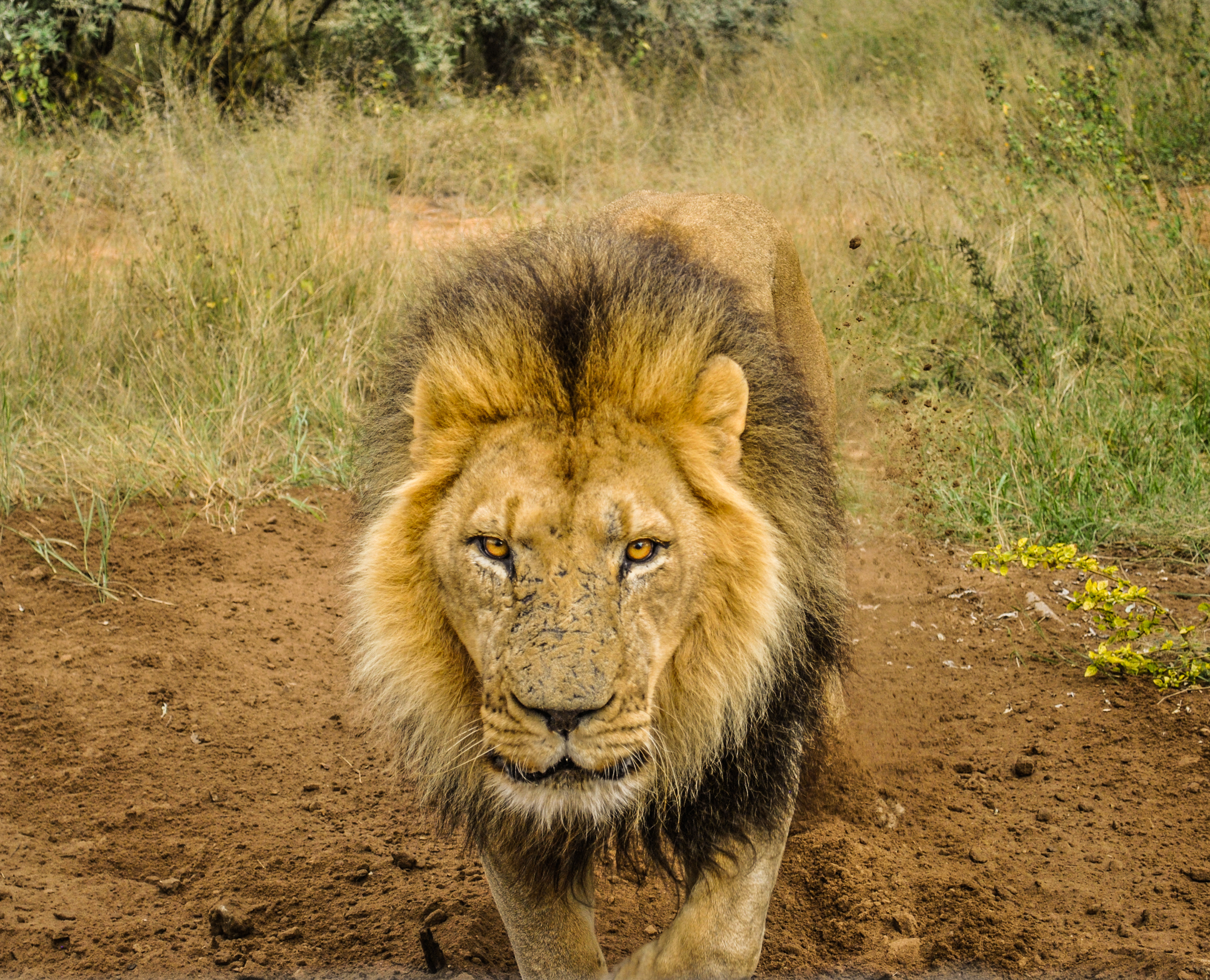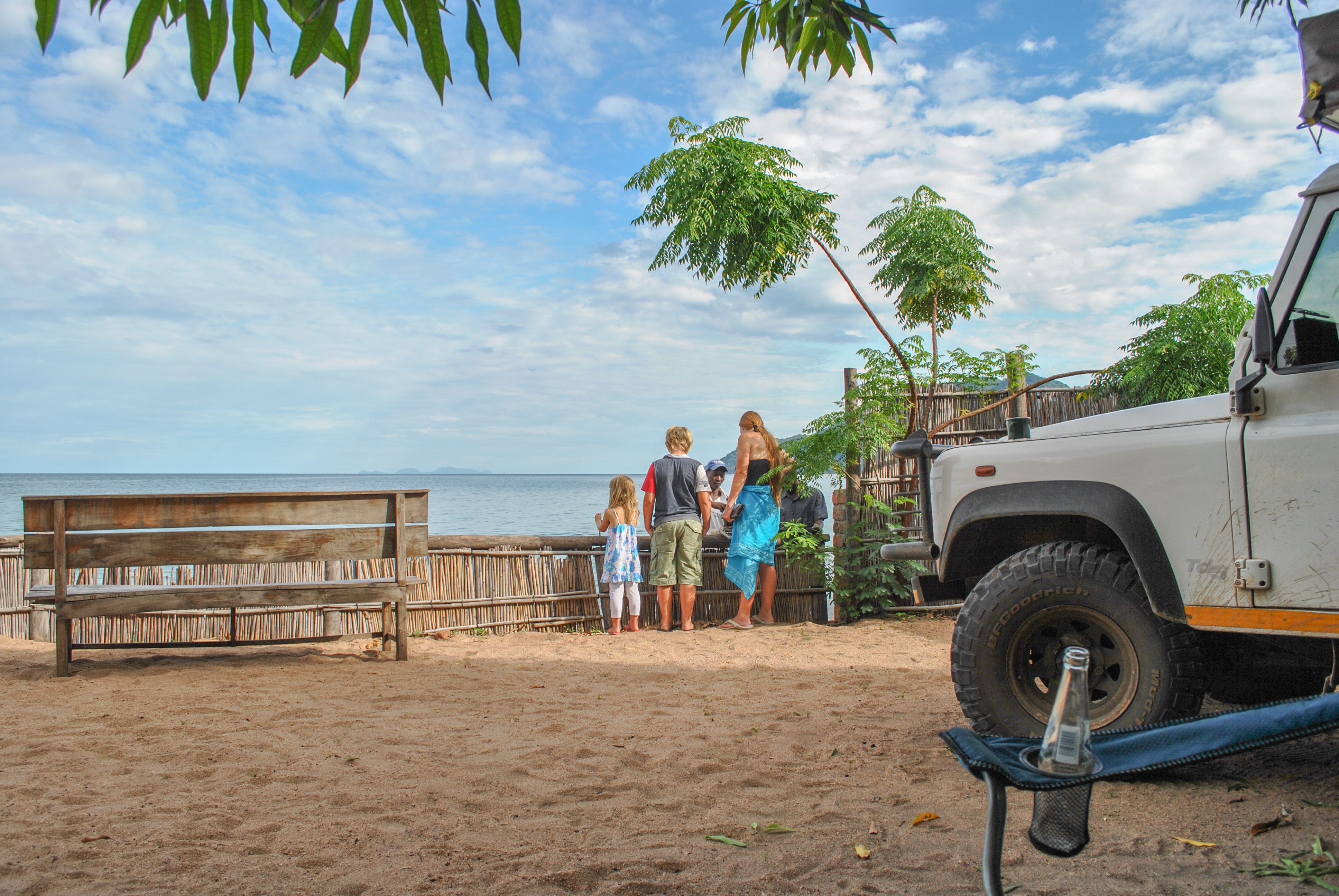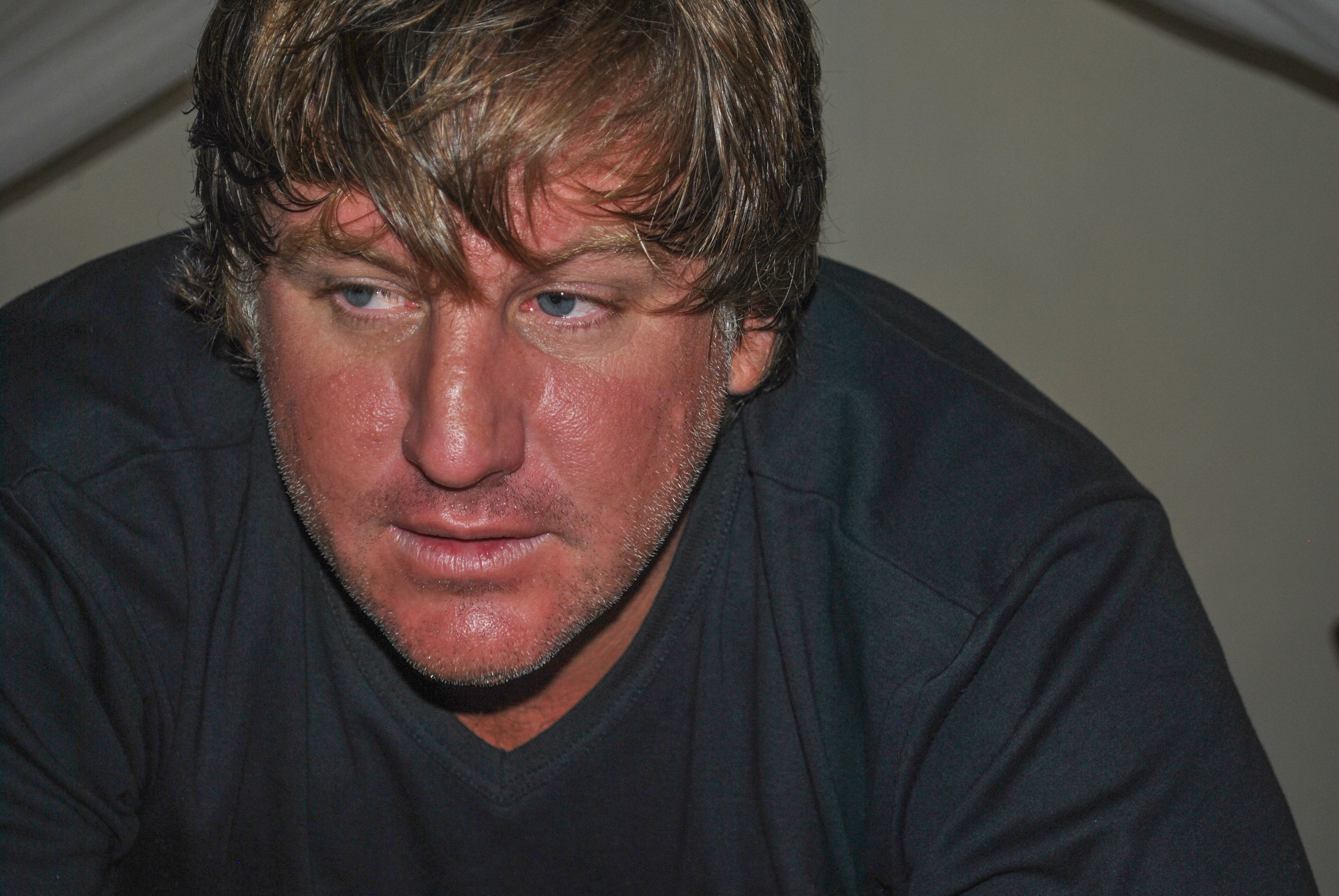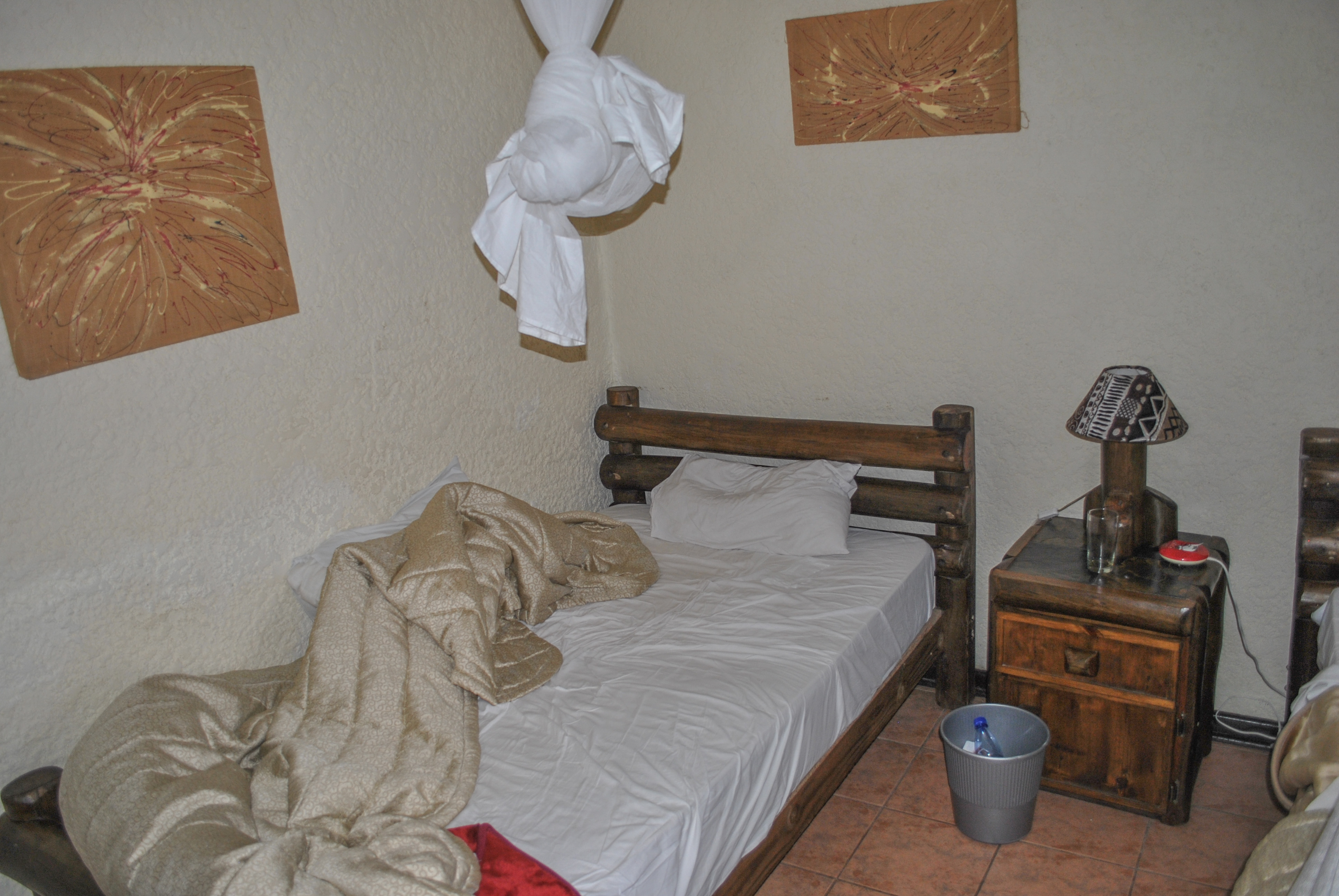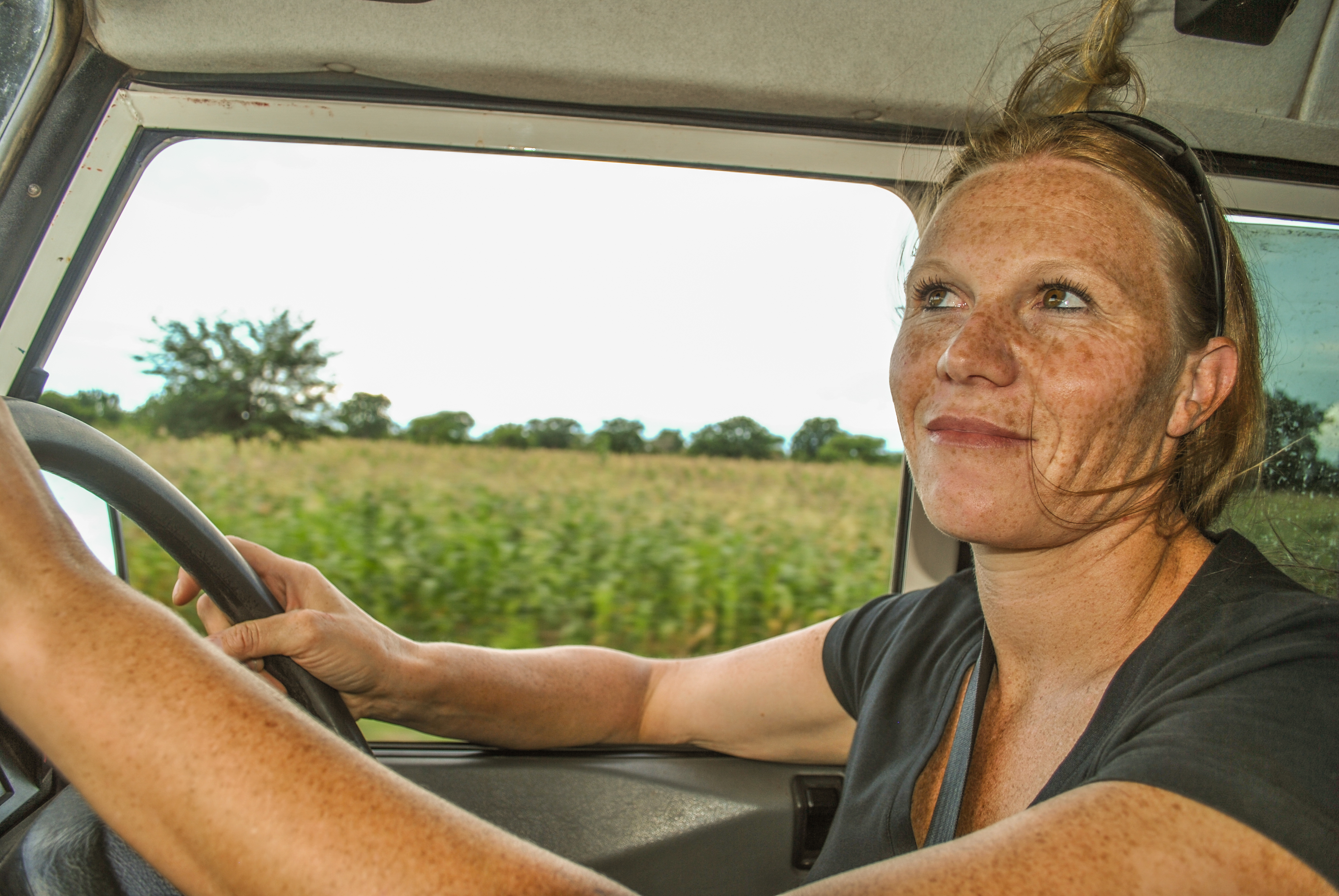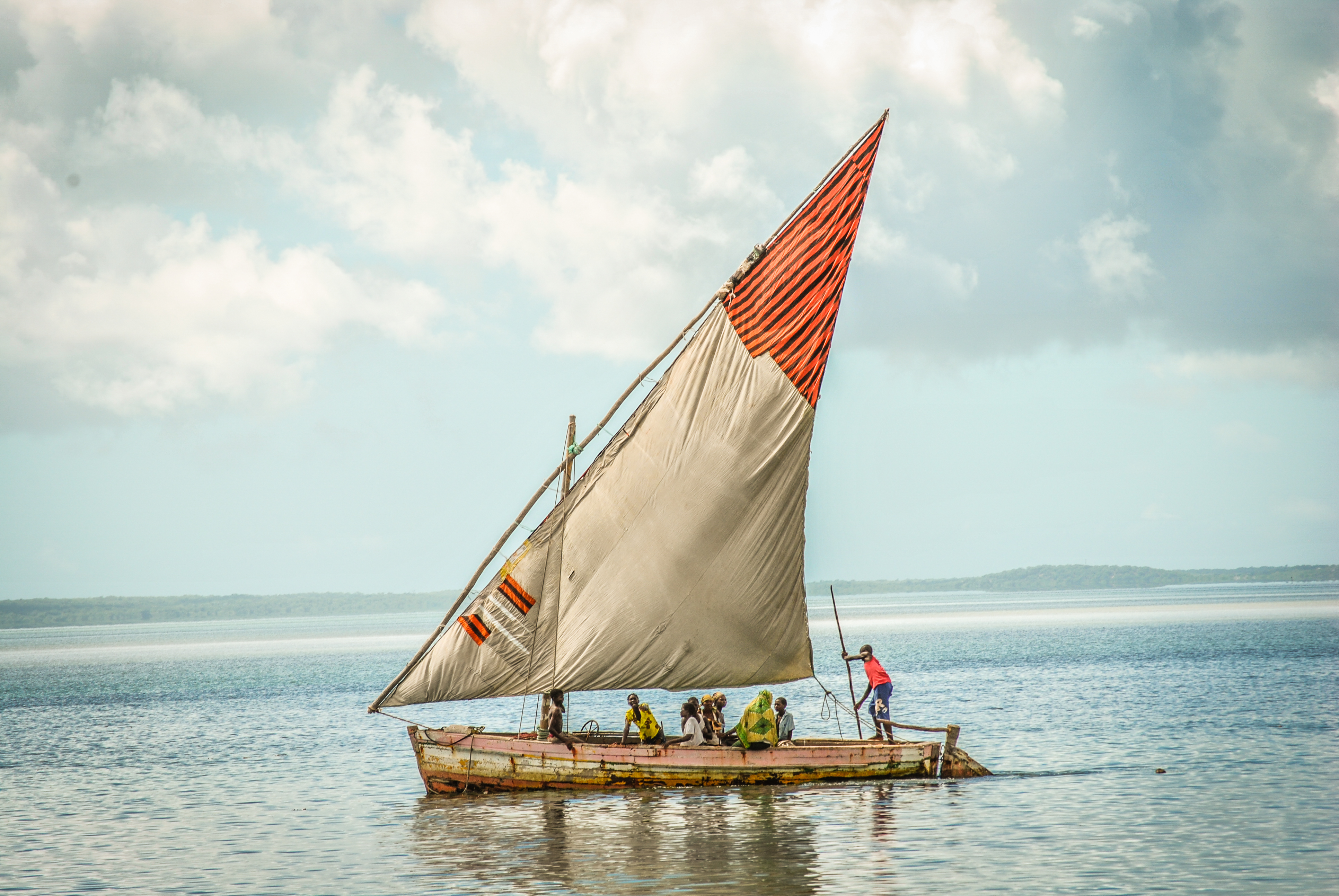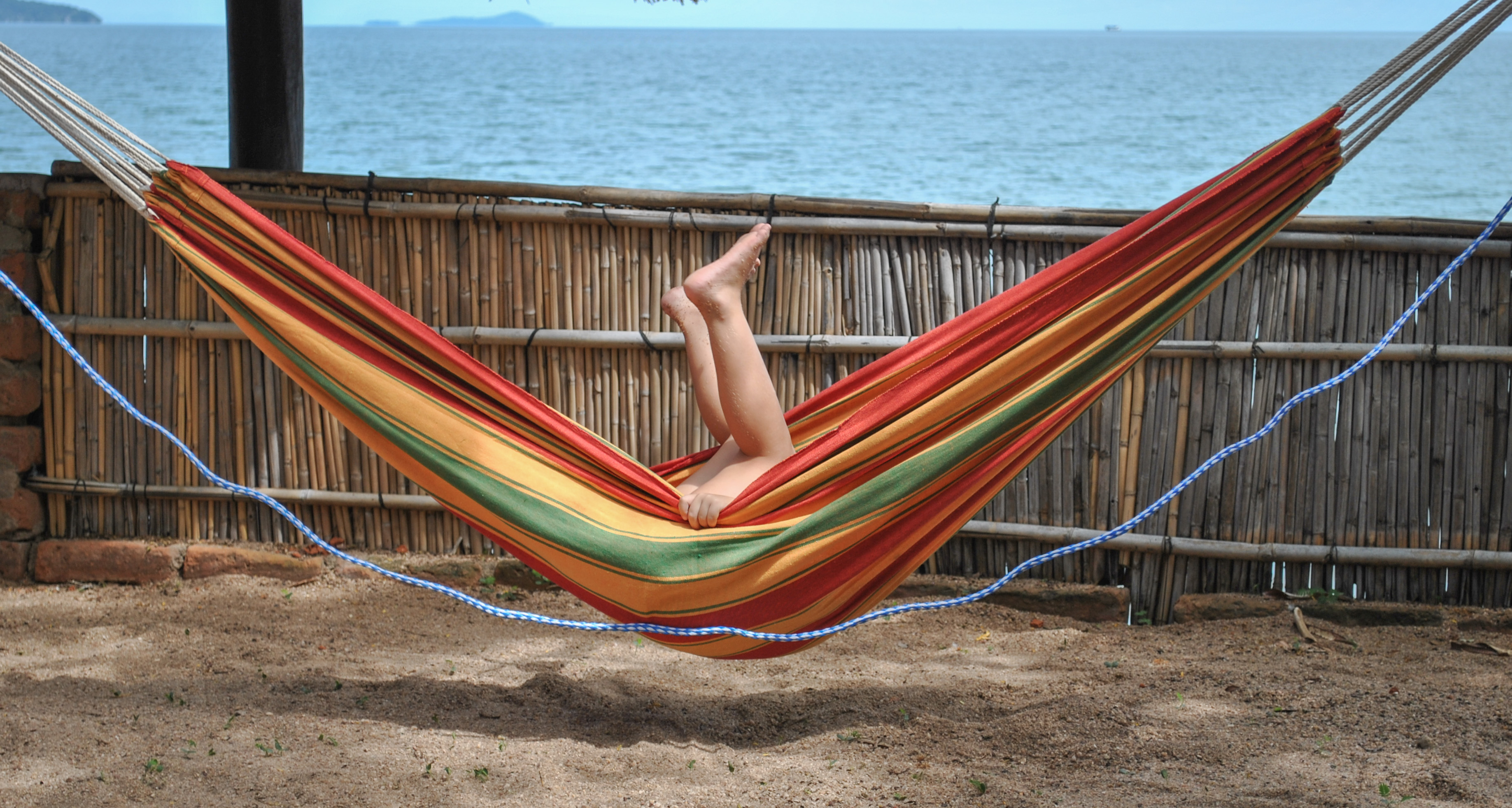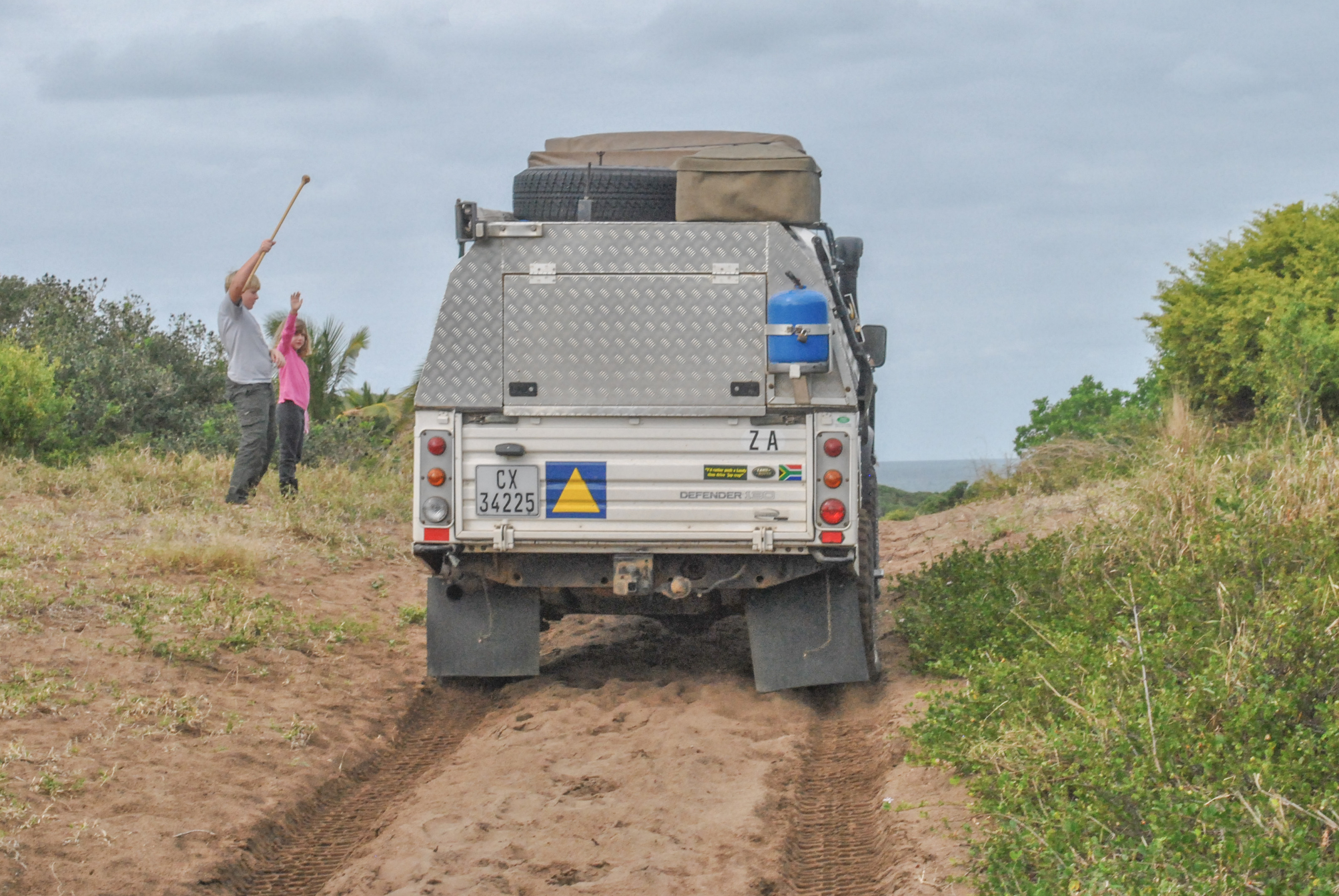Recently, I was sharing a cold beverage and stories with a new adventurer friend in Bavaria. Carsten has travelled the world for decades; he’s a wiry, muscular fellow who speaks with the gravelly voice of a man who has rolled his own cigarettes for 30 years. Carsten complained that gaining weight was a struggle since he does not like food and has to remind himself to eat. In our image-obsessed society, we tend to regard being thin as the Holy Grail and deride those few lucky souls who complain that they struggle to put on weight (yeah right, whatever, shut up, eat a burger). I was hardly sympathetic to Carsten’s weight dilemma until he explained to me why he needs to put on weight: he regularly travels to remote parts of this planet. It was then that I remembered my experience in Africa.
Photography by Luisa Bell
Before overlanding saved my life, I was big fat. By big fat I mean 6’5” tall, two cases of beer a week, never missed a meal fat—not Gilbert Grape’s mama. But, being big may very well have saved my life when a microscopic little devil attacked.
During a journey in Mozambique almost a decade ago, I contracted a viral infection while staying at a coastal lodge run by bitter Zimbabweans, far from a hospital, doctor, or pharmacy. I found myself too weak to leave the lodge and the medicine in our first aid kit proved entirely ineffective. The combination of a head-splitting earache, extreme nausea, and diarrhea rendered me immobile for two weeks, a period during which I survived on custard and pain killers and lost an incredible 30 pounds. It took a month to recover fully, and I believe that a strong heart and an ample waistline saved my life. The strong heart is a result of years of surfing, hiking, powerlifting, genetics, and a relatively healthy diet of meat and veg. And the ample waistline? Well, South Africa is famous for its excellent food and drink. I believe it is the extra body fat which was most effective in allowing my body to fight the virus. A luxury which thin Carsten does not enjoy.
Had I been Instagram thin when that virus assaulted my body, I would most certainly have been in a more precarious position. Because I was carrying an extra 40 pounds, my body was able to use that unloved fat as energy to fuel itself while fighting the powerful virus. Without the extra mass, my body would have begun to cannibalize the important stuff, feeding on muscle and vital organs which would have invariably led to kidney failure and, possibly, death. Yes, it is incredibly important to carry a well-stocked first aid kit which contains antibiotics and specific medicines which you are most likely to need in the countries to which you are travelling. And doing a first aid course before you leave home can only be a good idea. But you might find yourself in a situation when your body has to rely on itself to fight illness and heal.
Now, I am not suggesting that you should Chris Farley before heading out onto the road, but it would be a good idea perhaps to pad your body a bit. Remember, you will be losing weight in those first few months on the road, and it is in those months that you will be encountering new bugs, bacteria, and diseases like malaria and possibly the Zika virus, depending on where you will be exploring. It is worth mentioning that during our trip across East Africa every member of my family suffered mild to severe gastrointestinal infections, and our son, Keelan, had a high fever every night for months—a condition which we treated with Voltaren suppositories until we eventually found a decent hospital in Malawi.
We all know that the BMI (body mass index) was invented by the diet industry to make you feel short and fat, and the only people who really achieve the ideal BMI are movie stars, models, and my friend Carsten. So, could a higher BMI indeed be an advantage in some extreme situations?
To confirm my theory I shared this story with a nutritionist and asked for a professional opinion.“I think your situation was definitely unique. Your trips are much different than most. If you’re embarking on an adventure where your food would be in limited supply (climbing Mount Everest or hiking for months on end), I would highly recommend building a good base of fat before heading out. This is due to excessive calorie burn. An individual can only carry so much food with them at one time while being physically active. The fat itself will fuel the body in the absence of food. In your case, this (being overweight) was a major benefit. Contracting such a bug would make it difficult to eat or keep things down. You’re absolutely right that the extra weight probably kept you going. Without that, your body would have converted muscle and then organs into fuel to help sustain you. But the body goes to fat first. So having an extra 40 pounds definitely helped. I don’t know that I would recommend this approach for driving adventures when food isn’t sparse, but if food supplies are limited or unknown, then yes, I would.”
–Sunny Brigham, MS, CNS
May I suggest a few extra slices of pie before you head out into the developing world? An extra 10 pounds will provide a buffer and may buy you the few days you need before you can find quality health care.
Many of you may be asking, was the journey worth the risk? Yes, absolutely it was. We had the time of our lives once the health issues were dealt with and learned a lot about travelling in developing nations, working together as a family, taking care of each other, and persevering through hardship.
Final note: It is important to read the fine print on your life insurance and death policies before travelling abroad. There are some countries which are excluded from the broad-based policies (mostly West Africa) and there will be no payout to your loved ones if you meet your end in any of the excluded countries.
You can reach out to Sunny directly through her website completehealthsb.com



